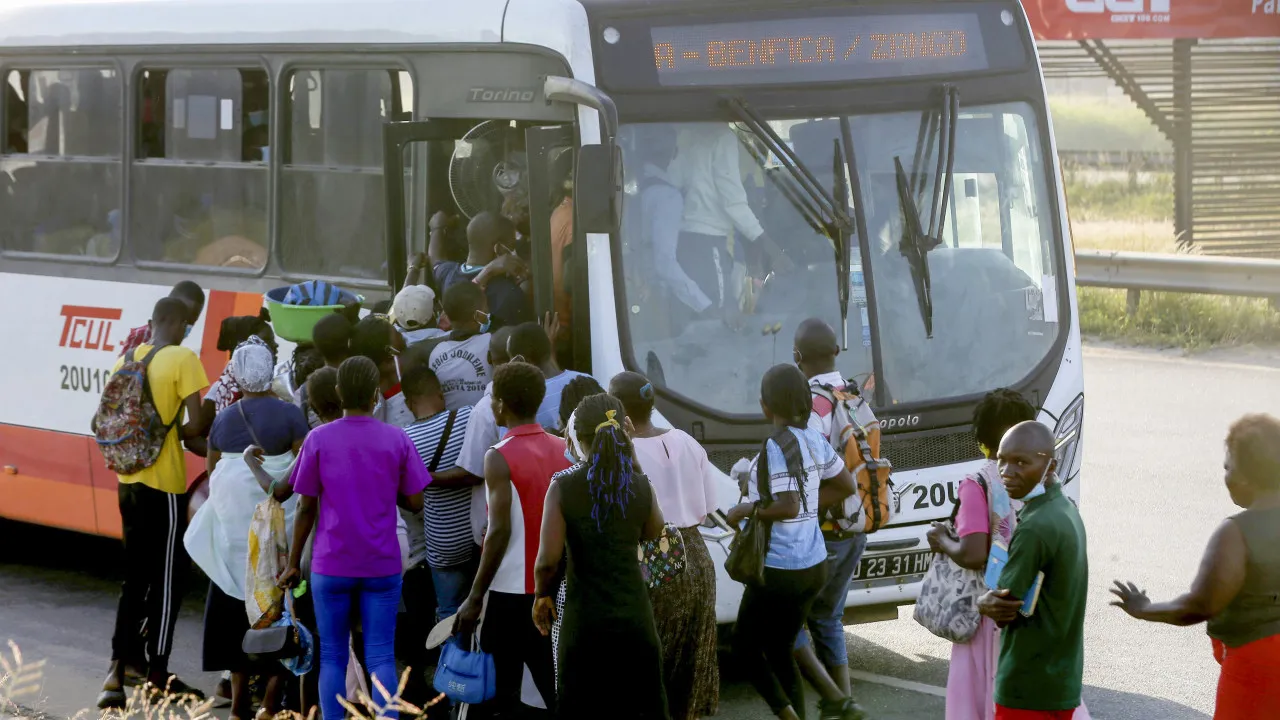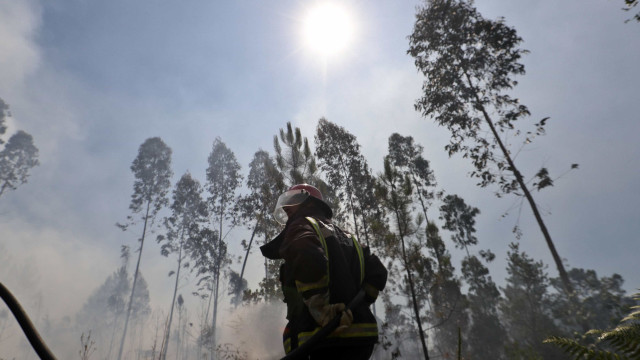
Luís Montenegro presided over the World Health Day celebration ceremony today, held at Parque Saúde in Lisbon. He referenced a statement made earlier by Alberto Caldas Afonso, the president of the National Commission for Women’s, Children’s, and Adolescents’ Health, responsible for the Reorganization Plan of Obstetrics and Pediatrics Emergencies.
“I will not endorse Professor Caldas Afonso’s statement that we need an interparty political pact, as it would indeed be desirable. But since that is not the path we’re on, we at least need a pact of trust in the National Health Service (SNS), in the health professionals, and in the foundational choices of our health system,” he remarked.
Montenegro emphasized that such a pact will be crucial “in the political timeframe determined by the Portuguese people’s will” in the anticipated elections on May 18, to deliver better responses to the populace in this sector.
“I am convinced that we have laid a foundational set of bases to make improvements in healthcare a reality that reaches all Portuguese households. (…) Health problems will not disappear, but our responsibility is to minimize them. And when they do arise, our responses should be increasingly better,” he stated.
The Prime Minister cited improvements, such as a better response to the so-called “winter peak” in 2024 compared to 2023, and noted a reduction in waiting times for consultations and surgeries.
Furthermore, he acknowledged the existence of “very difficult problems” to solve, such as the issue of family doctors—describing it as “a fascinating challenge in Portuguese politics”—but praised the progress made during the PSD/CDS-PP governance.
“In the past 11 months, we managed to assign family doctors to an additional 152,093 patients, yet, during the same period, 208,000 more patients registered with the SNS. Therefore, the numbers we observe are skewed because our response capacity was relatively high—not as much as we would like, I must admit—but the influx of new patients affected the numerical perception of this issue,” he explained.
On this World Health Day, the Prime Minister expressed his “endless tribute to the duties performed by health professionals,” emphasizing the government’s efforts to “value the careers of healthcare professionals and also the physical conditions in which they work.”
“Every effort we make seems little compared to what professionals give. We must do more—irrespective of the governing party—in the future to also match your efforts,” he declared.
Luís Montenegro noted that in the winter of 2024, there were “fewer problems, fewer patients in emergencies, reduced waiting times in emergencies, lower mortality, and fewer infants hospitalized with respiratory issues.”
“We had a better response level than a year ago. Why? Because we managed to plan better, organize response capacity better, and next year, we should surpass this year’s performance,” he asserted.
For the Prime Minister, these indicators should be viewed “with gratitude, recognition, and confidence”: “We are capable of doing more than what we have already done, even if it has been a lot,” he summarized.
In his speech, Montenegro reiterated that health should not be viewed through “ideological dogmas” and that the SNS, as “the backbone of the system,” can be complemented with partnership solutions with the social and private sectors when necessary.




